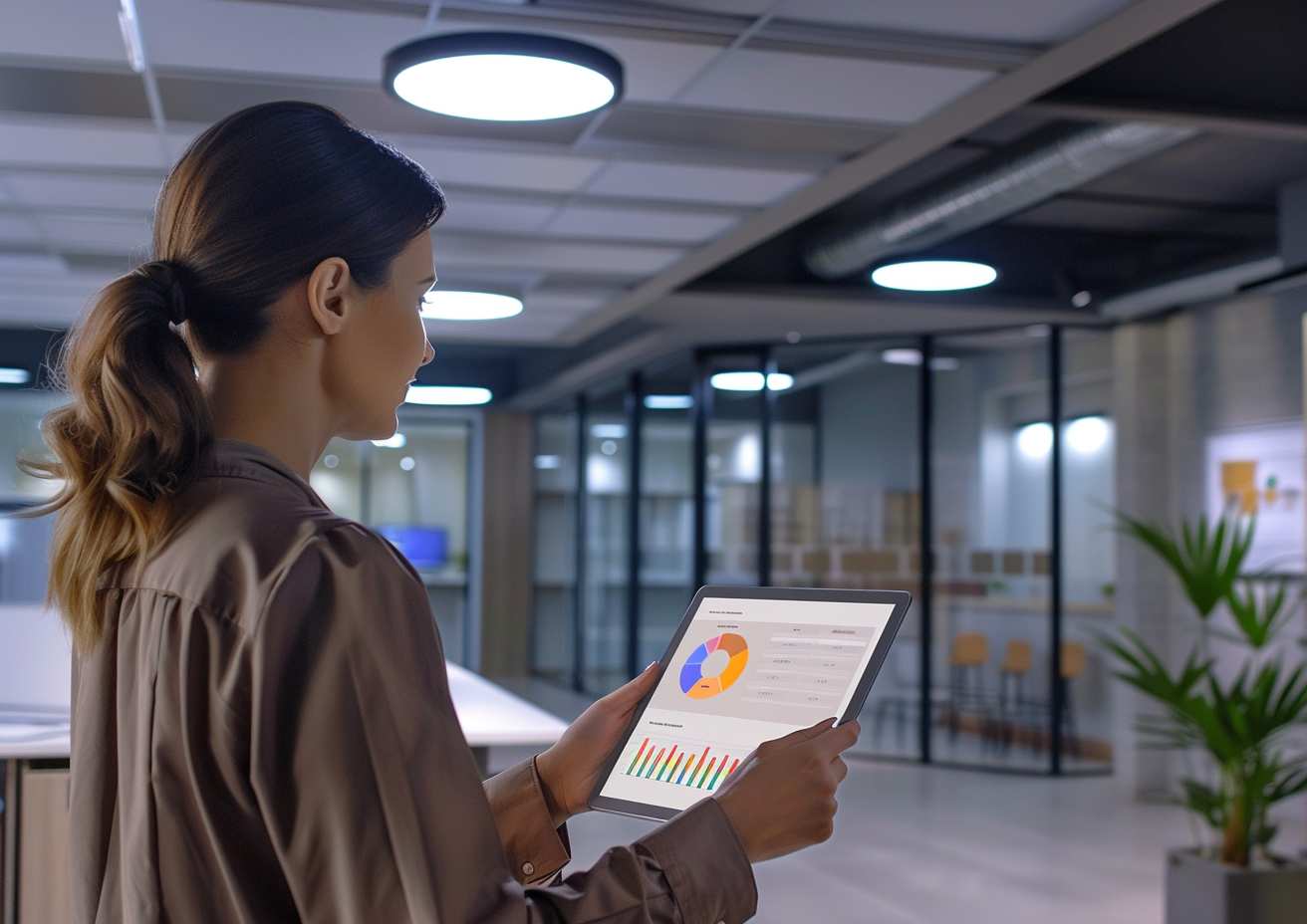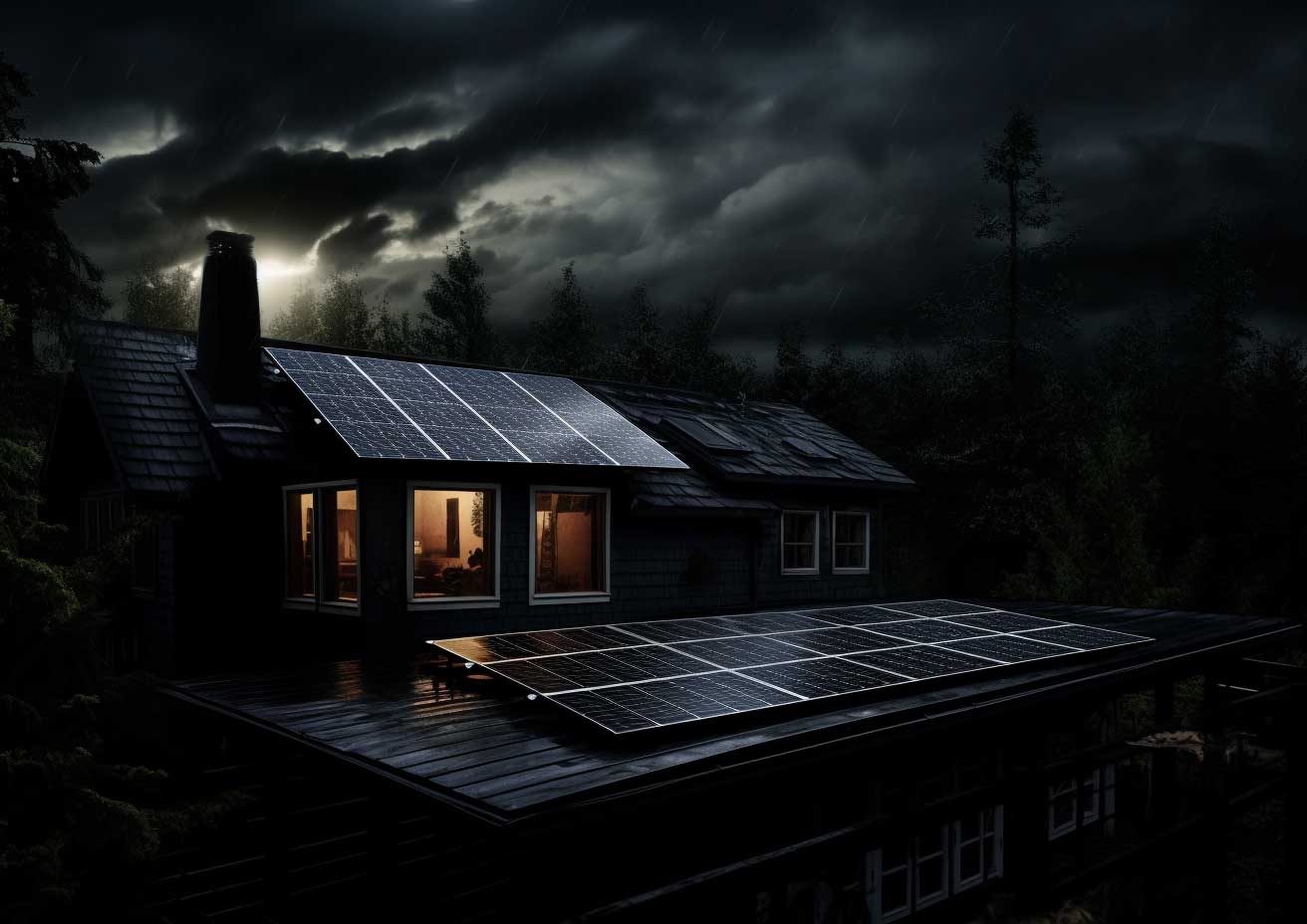EV Tax Credit 2023: Which EVs Qualify and How Much?
Buying an electric vehicle (EV) has numerous benefits, but one of the biggest reasons why now is the time to start driving an electric car is the up to $7,500 you could receive in federal tax credits when you buy a new EV.
The federal EV tax credit, known as the Clean Vehicle Credit (CVC), was updated in August 2022 when President Biden signed the Inflation Reduction Act into law. The bill includes a tax credit of up to $4,000 on used electric vehicles. If you’re curious about the EV tax credit 2023 and which EVs qualify and for how much – read on as we’ll go over all that in this article!
What cars qualify for the EV tax credit?
Which cars qualify depends on the year the EVs were placed into service and which version of the EV tax credit law applies. Due to the changes to the federal EV tax credit over the years, how much you receive will depend on several factors as we delve into below.
The 2023 EV federal tax credit applies to new and used all-electric and plug-in hybrid vehicles. The federal EV tax credit for used cars applies to ones put into service after December 31, 2022.
While the new law eliminates the 200,000 electric vehicle cap on tax credits, it takes away tax credits for EVs not assembled in North America. Additionally, buyers of more expensive EVs, like the Lucid Air and Tesla Model S, will no longer be eligible for the electric car tax credit.
Above all, the part of the law that restricts the number of once eligible EVs only allows the full electric vehicle tax credit to be claimed on EVs that can meet specific criteria. John Bozzella, Alliance for Automotive Innovation CEO, said in a blog post that the new provisions drastically reduce the number of EVs eligible for the tax credit and none will be eligible for the full credit when additional sourcing requirements go into effect in 2029.
For vehicles placed in service after December 31, 2022 the available tax credit may be limited to the EV’s MSRP and the buyer’s modified adjusted gross income. The credit also has further criteria regarding the sourcing of the battery and other components of the vehicle. The Treasury Department finally issued a critical mineral and battery component guidance that goes into effect April 18.
According to the guidance, the total tax credit amount is comprised of the following credits:
- $2,500 base amount
- $417 for EVs with batteries of at least 7 kWh of capacity
- $417 for each kilowatt-hour of battery capacity in excess of 5 kWh
- Vehicles that meet the critical mineral requirements are eligible for a $3,750 tax credit and vehicles that meet the battery component requirements are eligible for a $3,750 tax credit. Vehicles that meet both requirements are eligible for the full tax credit of $7,500.
To be eligible for the critical mineral requirement of the tax credit, a percentage of the value of the battery’s critical minerals must be extracted or processed in the United States or a U.S. free-trade agreement partner or recycled in North America according to the following schedule:
Year
Critical minerals minimum percent value requirement
2023
40%
2024
50%
2025
60%
2026
70%
2027 and later
80%
To be eligible for the $3,750 battery components portion of the tax credit a percentage of the value of the battery’s components that are manufactured or assembled in North America must increase according to the following schedule:
Year
Battery components minimum percent value requirement
2023
50%
2024 and 2025
60%
2026
70%
2027
80%
2028
90%
2029 and later
100%
Additional requirements for the federal tax credit include vans, SUVs, and pickup trucks cannot have an MSRP above $80,000. All other types of vehicles may not have a final MSRP above $55,000.
A taxpayer will also have to meet modified adjusted gross income (MAGI) requirements. Only individuals that have a MAGI below the following thresholds are eligible for the credit:
- $300,000 for joint filers
- $225,000 for head-of-household filers
- $150,000 for single file
For vehicles purchased between August 17 and December 31, 2022 qualified EVs must be new, have a battery with at least 5 kWh of capacity and use an EV charging station to recharge the battery, and have a gross vehicle weight rating of up to 14,000 pounds. The credit amount is $2,500 – $7,500. The credit is based on the EV battery capacity and gross vehicle weight rating. The credit will be phased out for each manufacturer in which a minimum of 200,000 qualified EVS have been sold by the manufacturer in the U.S. Tesla and General Motors (GM) reached their caps years ago. Toyota reached its cap in June 2022 and started phasing out its tax credits. Newer EVs like the Ford Mustang Mach E and Rivian R1T were both eligible for the full tax incentive of $7,500 in 2022.
If EV owners purchased the car through a lease, the tax rebate would go to the car manufacturer they were leasing from.
An additional requirement is that qualifying EVs must have a final assembly in North America.
For vehicles purchased before August 17, 2022 qualifying EVs are eligible as listed above without the final assembly in North America requirement.
How do you claim federal tax credit EV?
To claim the federal EV tax credit you should file an Internal Revenue Service IRS form 8936 and fill in the appropriate line on your income tax Form 1040. The tax credits will help reduce the amount of taxes you owe the Internal Revenue Service (IRS).
Can you claim multiple EV tax credits in the same year?
The answer depends on how many EVs you’re purchasing in a year. You can only claim the tax credit once for each qualifying vehicle. That means if you were to buy another battery electric vehicle or plug-in hybrid vehicle you could claim the federal EV tax credit twice if the second car is also an eligible vehicle. Do keep in mind that you must claim the tax credit in the year you purchased the electric vehicle.
Should I wait to buy an EV in 2023?
No, you should not wait to buy an EV in 2023. If the electric vehicle you’re interested in is eligible for the federal EV tax credit now you cannot afford to wait. As we described above, many electric vehicles that were eligible in 2022 are not eligible in 2023. Waiting drastically decreases the number of EVs you can choose from that can meet the critical components requirements. You can still receive a considerable tax break so why miss out by waiting?
There are also numerous other EV incentives available for electric vehicles that are offered by states and local entities. Yes, you can apply for other EV incentives and take advantage of the savings you are eligible for on top of the federal tax credit. State incentives for EVs can be quite steep and help bring down the purchase price of an EV by a substantial amount. All EV incentives have deadlines or expiration dates.
At the same time, with gas and diesel prices fluctuating all the time, the sooner you buy an electric vehicle, the sooner you start saving money driving a vehicle. Electricity is much cheaper than gasoline or diesel per mile, especially if you install an EV charging station at home. If you’re wondering, “How much does it cost to charge an electric car in 2023?” please check out our article, “Cost to Install EV Charger at Home.”
Car manufacturers have a new inventory of electric vehicles every year now, and 2023 is now different. In fact, the variety of electric cars available is better than in years past. There are plenty of EVs on the market and there is at least one fit for every type of lifestyle. Electric vehicles used to be a novelty and drivers understandably wanted to wait before they bought one, but now there are plenty to choose from.
If you are interested in a home EV charging station for your electric vehicle purchase you can’t afford to wait on that either. There are hundreds of EV charging incentives and rebates available from different entities and they all have expiration dates. A home EV charger is the ultimate best solution to saving time and money when it comes to charging an electric vehicle.
WattLogic is a leading EV charging company that is making the EV charging station installation process a breeze for EV owners and its residential customers. Just fill out WattLogic’s quick online survey, answer a few questions, and you’ll have an EV charging station installation quote in no time. There is zero obligation and you can do it all in the comfort of your own home. So no more complicated visits from an electrician and then waiting for a quote – just fill out the survey and sit back and relax! if you’re interested in learning more about home EV charging you can also contact us online.




